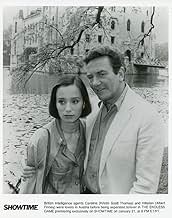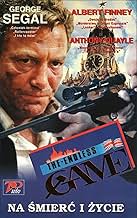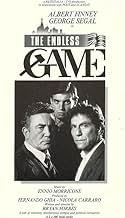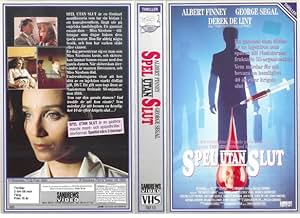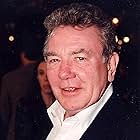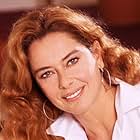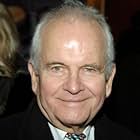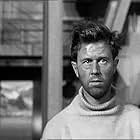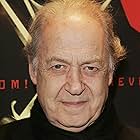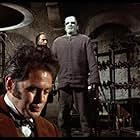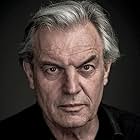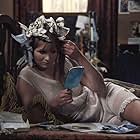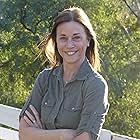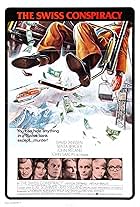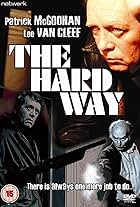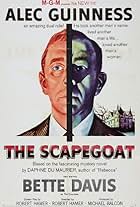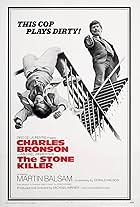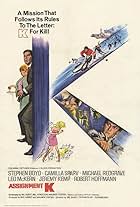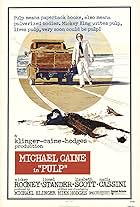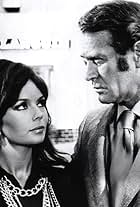That cinema genre dealing with international espionage is very extensively represented, with the featured characters frequently depicted as cartoonish latter-day supermen, such as Ian Fleming's James Bond, or burnt-out cases as in filmizations of John Le Carré's largely lustreless works. This is the first espionage themed film from director Bryan Forbes, and his final work at the helm, Forbes neatly converting much of the potent content and tone of his own novel, a brilliantly constructed effort that moves into the realm of literature rather than mere entertainment. Albert Finney is cast as Alec Hillsden, a "retired'' MI6 operative called back because of the murder of an erstwhile flame of his, a former agent named Caroline (Kristin Scott Thomas) who had been working within the Crown's Austrian network when she was taken by the Soviets, "debriefed" and, when emptied of intelligence, exchanged for an enemy spy. As Caroline had been reduced to an embodied vegetative condition due to a unique method of torture, her murder upon its surface would seem to be without much point; however, as Alec discovers, betrayal is one of the more prevalent elements found within the endless game that he and his peers are playing. Finney, a superlative actor, gives a remarkable performance as an agent who will take extreme measures to discover a rationale behind his late love's demise, while virtually each member of the cast is impressive in a well-paced film. Production values are quite high with noteworthy camera and lighting composition provided by Brian Tufano, high-grade production design by Maurice Cain, as well as the perfect costuming of Janty Yates; post-production sound editing is telling with a use of silence of equal importance to the Ennio Morricone score, while Forbes and Tufano warrant that editing and montage are appropriate for this crisply rhythmed affair. Forbes' film, as with his novel, offers increasing pleasure with each sampling, each creation pleasingly literate, as exemplified by Hillsden's citation of L.P. Hartley's opening lines from his novel "The Go-Between", an oft-quoted phrase most applicable for this piece as a whole: "The past is a foreign country; they do things differently there."

